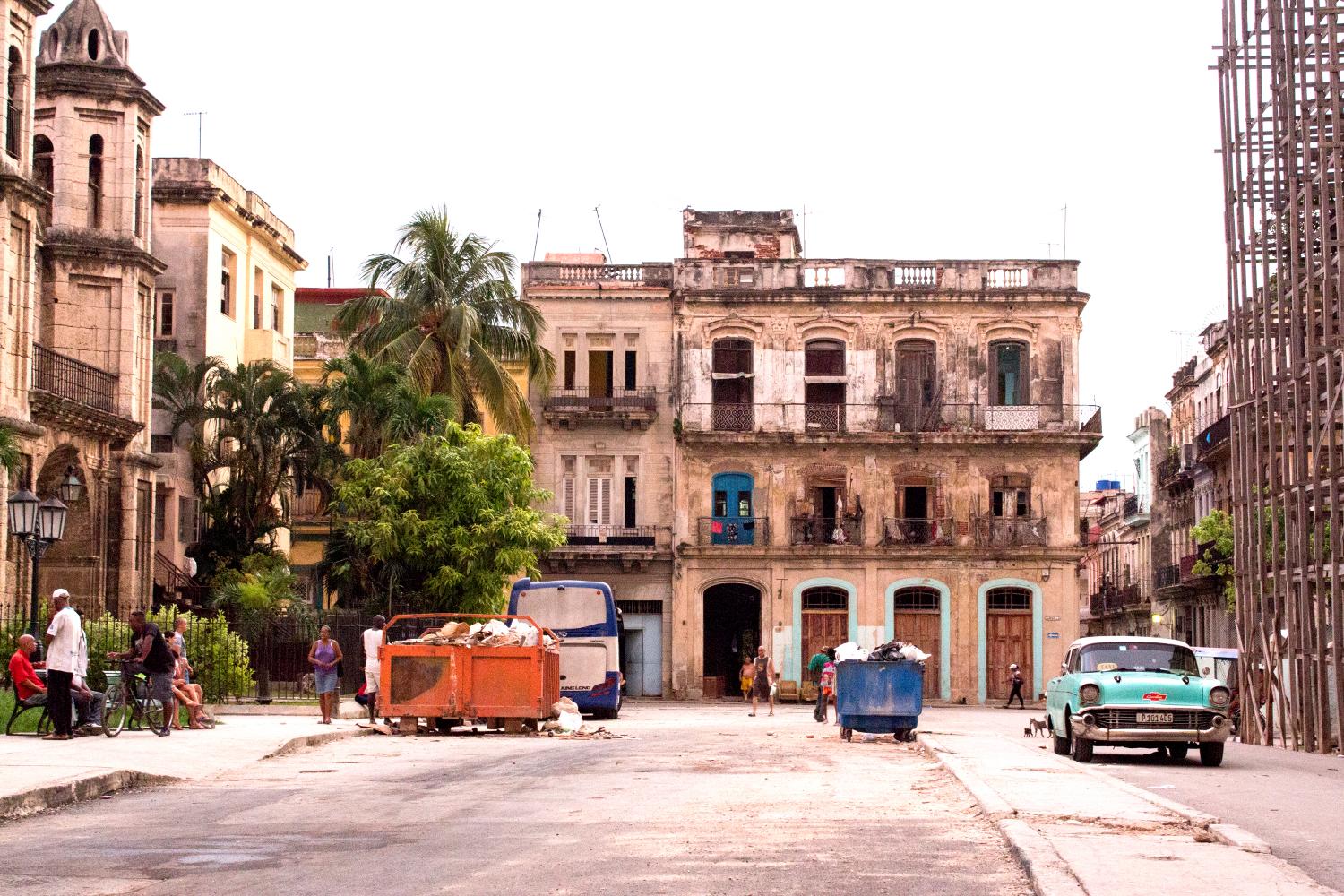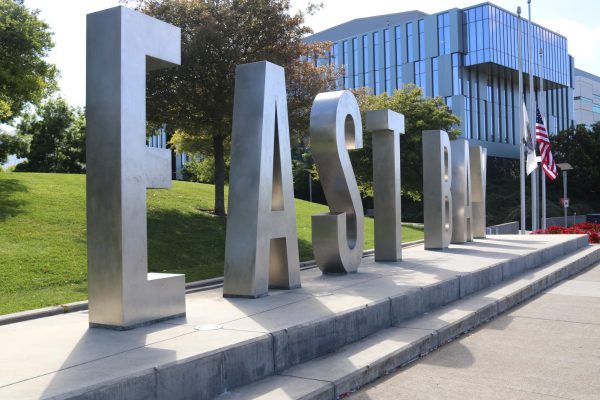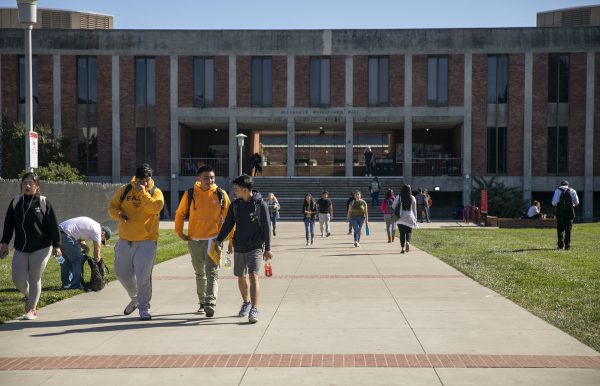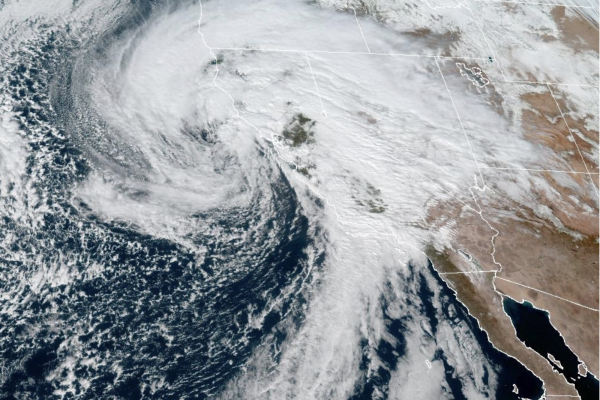Cuba opens American eyes
July 19, 2017
The warm water, palm trees and crystal-white sand of the Santa Maria beach were everything I pictured when I used to think of Cuba, a picturesque island in the Caribbean. However, over the past four days, my rosy tourist perspective has disintegrated as my eyes open to the real Cuba, a very different picture than travel agencies sell to Americans.
The beaches do glitter with the promised tropical, soft white sand, but they’re also littered with garbage. Beer and soda cans bob on the balmy waves and children play with glass bottles like toy boats in the surf. Candy wrappers and diapers poke out of the sand, and I worry more about stepping on broken glass than sea life.
While garbage may seem to be a side effect of such a populated destination point as the beach, the ocean isn’t the only thing impacted by Cuban waste. Litter lines the concrete Malecon, the sea wall that separates the city from the ocean, and in rural towns outside the city of Havana, trash propagates almost as abundantly as vegetation. Potholes on the sidewalks of the city function like makeshift garbage receptacles and soda cans cap the ends of tree branches that shade the sidewalks.
As progressive as Cubans are in some aspects, when it comes to their waste, they lack in environmental consciousness.
sIt seems like their actions are in response to their poor living conditions, void of luxury and personal autonomy; most of their day-to-day lives are controlled by the state. Government rations are sparse and Cubans can’t own their own property. They are paid around 30 CUC per month, equivalent to $30 in the U.S.
Today in Old Havana, I dropped 1 CUC on the ground and had to step on it to stop three different kids from quickly swooping down and taking it. Our tour guide confirmed that in Havana, entire families live in crumbling, dilapidated buildings that once belonged to Cuba’s elite, who vacated during the revolution. They are passed down from generation to generation and would be deemed uninhabitable in the U.S.
Cuba is impoverished, but poverty does not guarantee squalor. I believe that Cubans’ attitudes toward managing their waste speaks volumes about the way they view themselves, their culture and their leaders. Perhaps they are simply uninformed about things like carbon footprints; however, I believe that their lackadaisical attitude regarding waste is intentional.
In a country where food is rationed and property is owned by the government, blatantly not adhering to minimal state policies could be interpreted as a subtle act of defiance, a way to regain control of their autonomy.
In America we have litter and landfills—entire islands of floating trash—however, I believe U.S. waste is largely due to a mixture of carelessness, privilege and luxury. With a system of capitalism, we have too many goods and a disposable, “if you break it, buy a new one” mentality. In Cuba, their waste disposal hints at an undercurrent of repression and poverty.
While Cuba is advertised as a tourist’s paradise, the residents of the city know a different Cuba. A paradox exists, symbolically portrayed by Cuba’s picturesque beaches, marred by the ugly aftermath of gluttony and ignorance.
Cuba debatably progressed in numerous ways under Fidel Castro; however, there are many things about the lifestyle that make visitors like myself, who are used to a more luxurious lifestyle, uncomfortable. When we finally realize that the true Cuba doesn’t quite stack up to the Cuba of our dreams, we are able to simply leave and choose not to see the ugly truth lurking just below the surface.
But Cubans will wake up tomorrow and the candy wrappers, used condoms and beer bottles will still be there. And they will keep adding and adding to the piles because nobody is organizing any beach cleanups anytime soon.
















